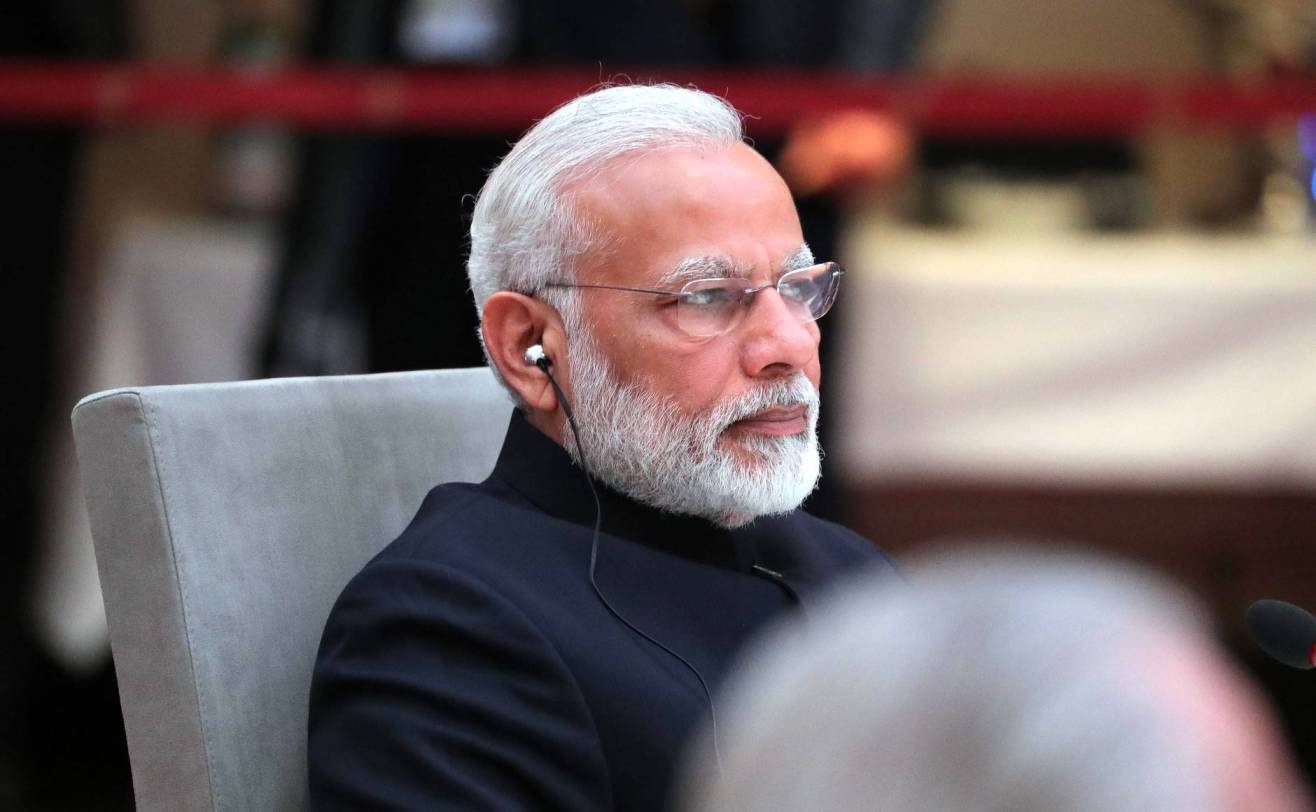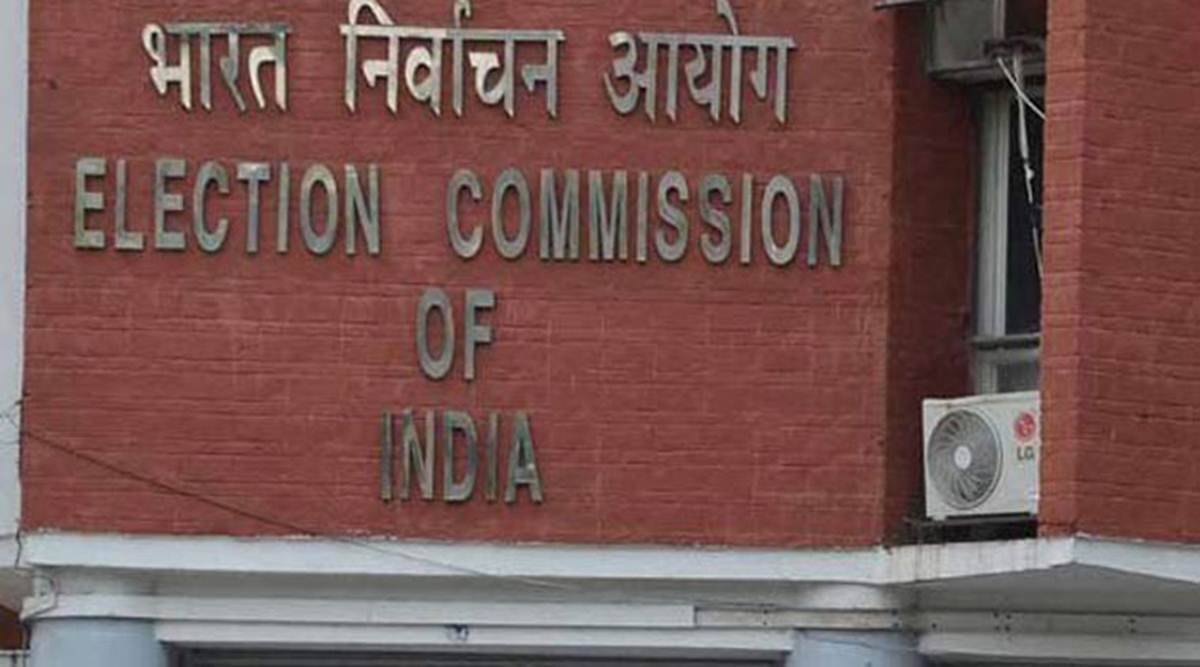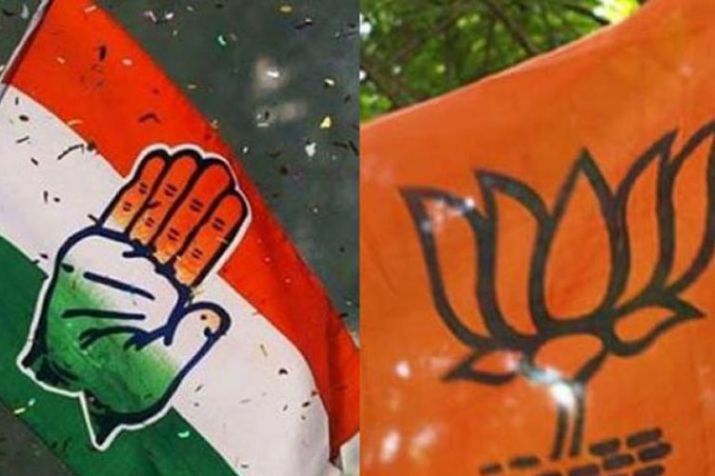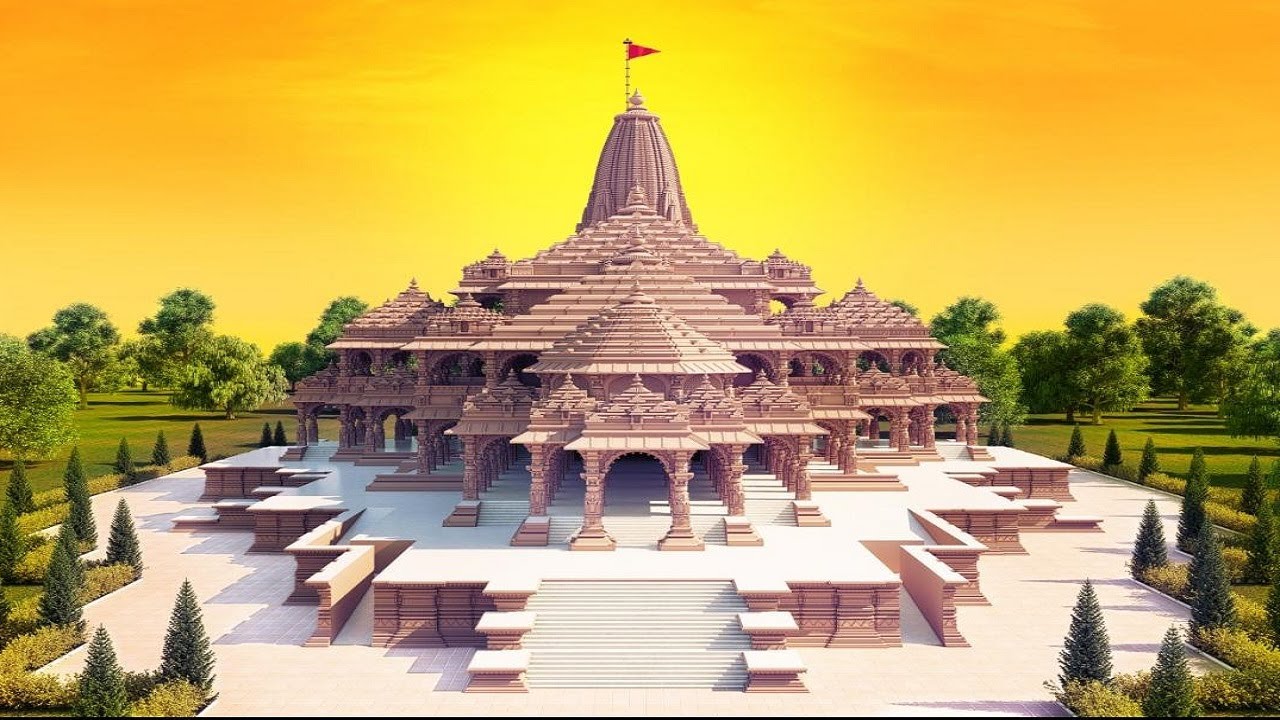The recently concluded state assembly elections in India witnessed a political landscape where the formidable combination of a strong Modi brand, a well-organized Bharatiya Janata Party (BJP), and abundant resources proved to be a decisive force. The opposition, characterized by weak leadership, organizational deficiencies, and a lack of coherent strategy, found itself overwhelmed in the face of the BJP juggernaut.
The Strong Brand Modi: Prime Minister Narendra Modi's persona has evolved into a powerful political brand that transcends regional boundaries. His leadership style, characterized by decisiveness, charisma, and effective communication, has created a magnetic effect that resonates with a broad spectrum of voters. Modi's narrative of development, national security, and good governance has become synonymous with the BJP's agenda. In the absence of strong regional faces in the opposition, voters often gravitated towards the familiarity and perceived stability offered by the Modi brand.
Formidable Party Organization: The BJP's organizational strength played a pivotal role in securing victories in the state assembly elections. The party's ground-level machinery, comprising dedicated workers and a robust cadre, effectively executed the election strategy. The BJP's ability to mobilize support at the grassroots level, coupled with its meticulous planning and execution, outshone the disorganized efforts of the opposition. The party's organizational structure, with a clear chain of command and well-defined roles, contributed to a cohesive and disciplined campaign.
Abundance of Resources: The BJP's financial prowess and resource mobilization capabilities significantly contributed to its electoral dominance. The party, backed by a vast network of donors and supporters, had the financial muscle to mount an extensive and well-funded campaign. This financial advantage allowed the BJP to leverage modern campaign tools, conduct large-scale rallies, and invest in extensive outreach programs. In contrast, the cash-strapped opposition struggled to match the BJP's financial firepower, limiting its ability to effectively reach voters and convey its message.
Weak Congress Party Leadership: One of the defining factors in the electoral landscape was the absence of strong and charismatic leaders in the congress camp. The lack of credible regional faces capable of countering Modi's influence left the opposition in a vulnerable position. While the BJP projected a unified leadership under Modi, the opposition appeared fragmented and lacked a unifying figure. The absence of leaders with mass appeal and a clear vision contributed to the perception of a leadership vacuum, which the BJP skillfully exploited.
Organizational Deficiencies: The Congress party's organizational deficiencies were glaring, with infighting, lack of coordination, and factionalism hindering its ability to mount an effective challenge. The absence of a cohesive strategy, both at the state and national levels, further weakened the opposition's position. The BJP's disciplined organizational machinery capitalized on these weaknesses, ensuring that the opposition remained divided and unable to present a united front.
Clueless Strategy: The Congress Party electoral strategy seemed devoid of a coherent and impactful narrative. The failure to articulate a compelling vision or counter the BJP's key themes allowed the Modi-led party to dictate the terms of the electoral discourse. The opposition's inability to connect with voters on critical issues and the absence of a well-defined strategy left it trailing behind the BJP, which effectively controlled the narrative throughout the campaign.
In conclusion, the recently concluded state assembly elections showcased the dominance of the Modi brand, a formidable BJP organization, and abundant resources in shaping electoral outcomes. The weak opposition, characterized by a lack of strong leadership, organizational deficiencies, and a haphazard strategy, found itself outmaneuvered by the well-oiled machinery of the ruling party. As India's political landscape continues to evolve, the lessons from these elections underscore the importance of leadership, organization, and strategic acumen in the pursuit of electoral success.
Prashant Tewari, Editor-in-Chief








 OpinionExpress.In
OpinionExpress.In















Comments (0)